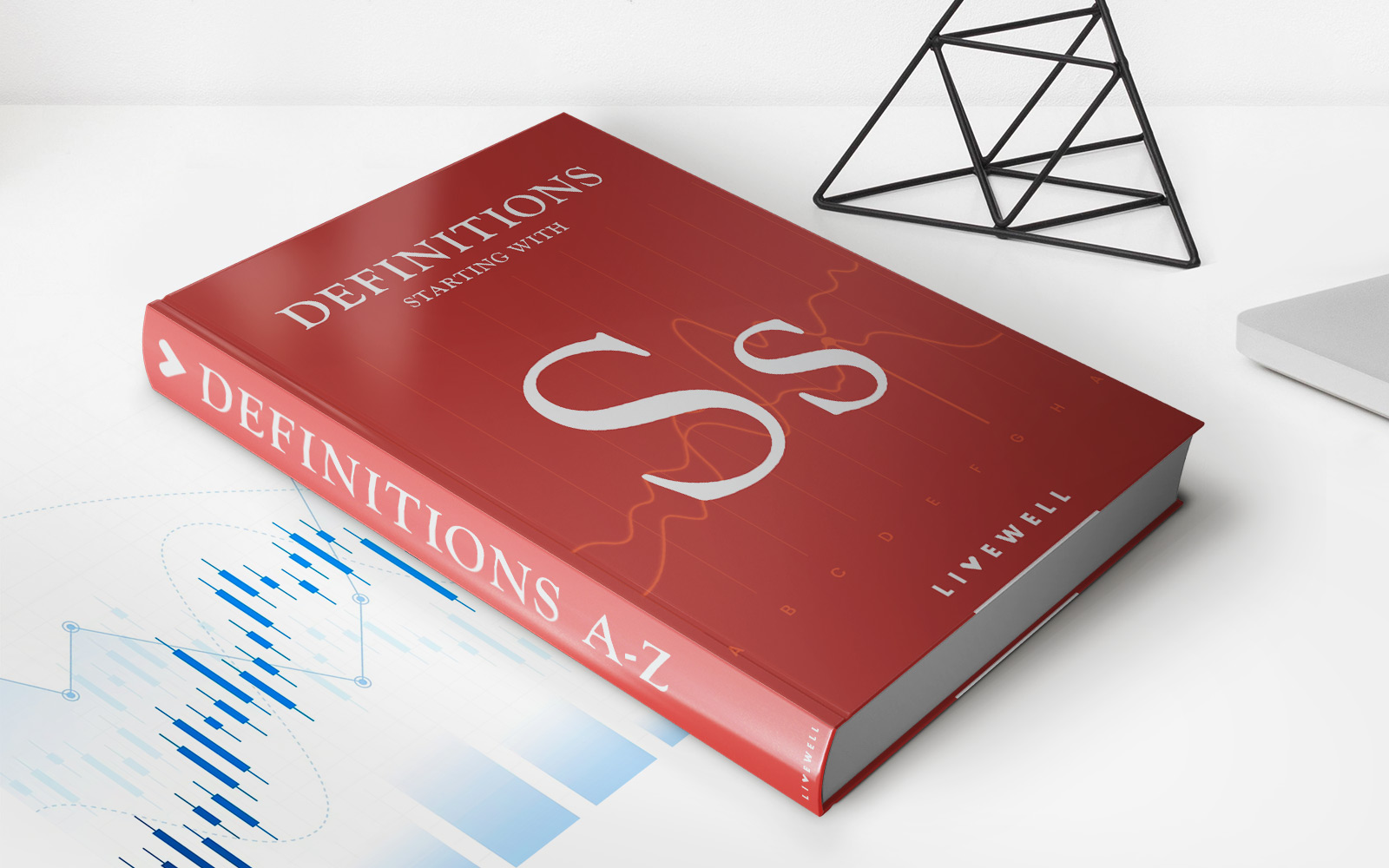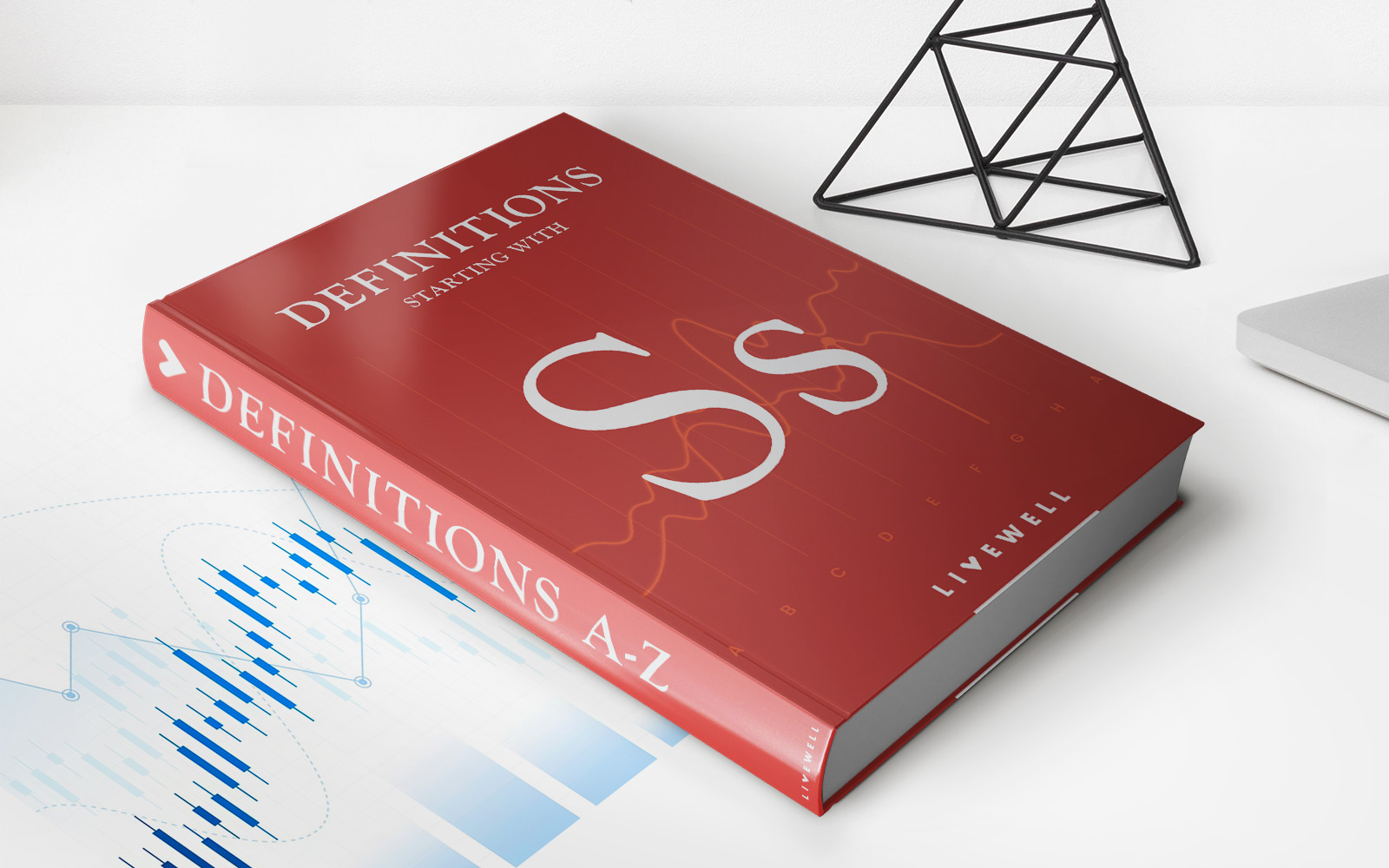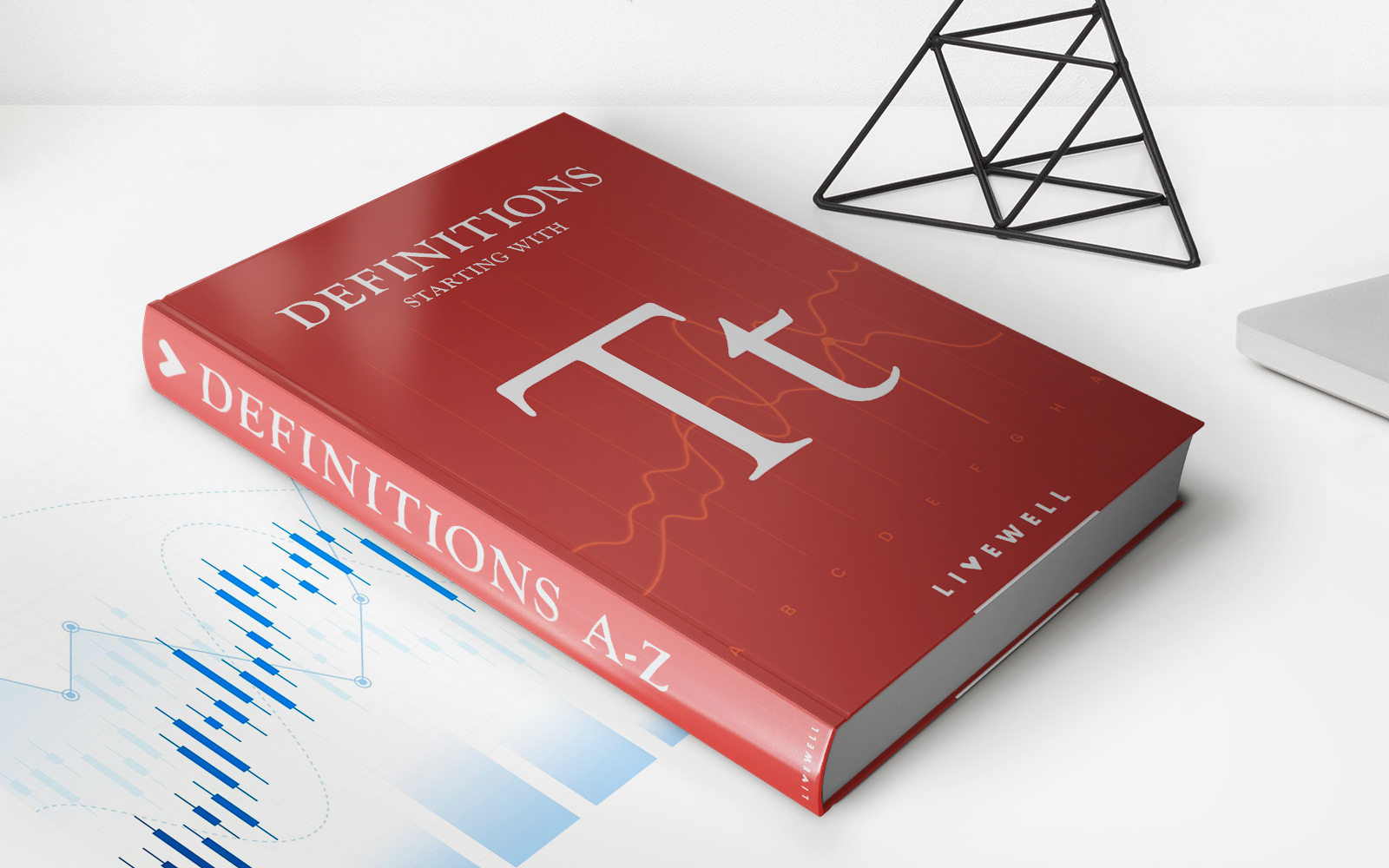

Finance
Headline Effect Definition
Published: December 4, 2023
Discover the power of the headline effect in finance and its impact on market trends and investor behavior. Uncover strategies to leverage this phenomenon for maximum financial gains.
(Many of the links in this article redirect to a specific reviewed product. Your purchase of these products through affiliate links helps to generate commission for LiveWell, at no extra cost. Learn more)
Understanding the Headline Effect in Finance: How it Impacts Your Financial Decisions
Have you ever noticed how a catchy headline can grab your attention and influence your decision-making process? This phenomenon, known as the Headline Effect, plays a significant role in various aspects of our lives, including finance. In this blog post, we will dive into the world of finance and explore how the Headline Effect can impact your financial decisions.
Key Takeaways:
- The Headline Effect refers to the subconscious bias created by attention-grabbing headlines, which can influence our decision-making and financial choices.
- Being aware of the Headline Effect is crucial in making well-informed and rational financial decisions.
When it comes to finance, staying up-to-date with the latest news, market trends, and economic developments is essential. However, the way this information is presented to us through headlines can significantly affect our perceptions and reactions. Here’s how the Headline Effect impacts our financial decisions:
1. Emotional Impact
Headlines with emotional triggers tend to grab our attention and create a strong impact on our decision-making process. Whether it’s fear, excitement, or urgency, these emotions can cloud our judgment and lead us to make impulsive financial choices. For example, a sensational headline proclaiming a stock market crash may incite panic selling, even if the underlying data suggests otherwise.
2. Confirmation Bias
The Headline Effect can reinforce our existing beliefs and biases. When we encounter a headline that aligns with our preconceived notions, we tend to give it more weight, even if the information in the article itself may not be entirely accurate or reliable. This confirmation bias can hinder objective analysis and prevent us from considering alternative perspectives or making rational financial decisions based on sound information.
Now that we understand the impact of the Headline Effect, how can we mitigate its influence and make informed financial decisions? Here are a few tips:
1. Be Cautious and Discerning
Approach financial headlines with a healthy dose of skepticism. Before jumping to any conclusions or taking actions based solely on a catchy headline, delve deeper into the article, analyze the facts and figures, and consider the credibility of the source. Remember, not all headlines are created equal.
2. Stay Informed
Expand your knowledge and understanding of finance by seeking information from reputable sources, studying market trends, and educating yourself about various investment options. With a solid foundation of financial knowledge, you are better equipped to navigate through the noise and separate sensationalism from legitimate information.
In conclusion, the Headline Effect has a significant impact on our financial decisions. By understanding this phenomenon and taking steps to mitigate its influence, we can make more rational and well-informed choices, setting ourselves up for long-term financial success.














